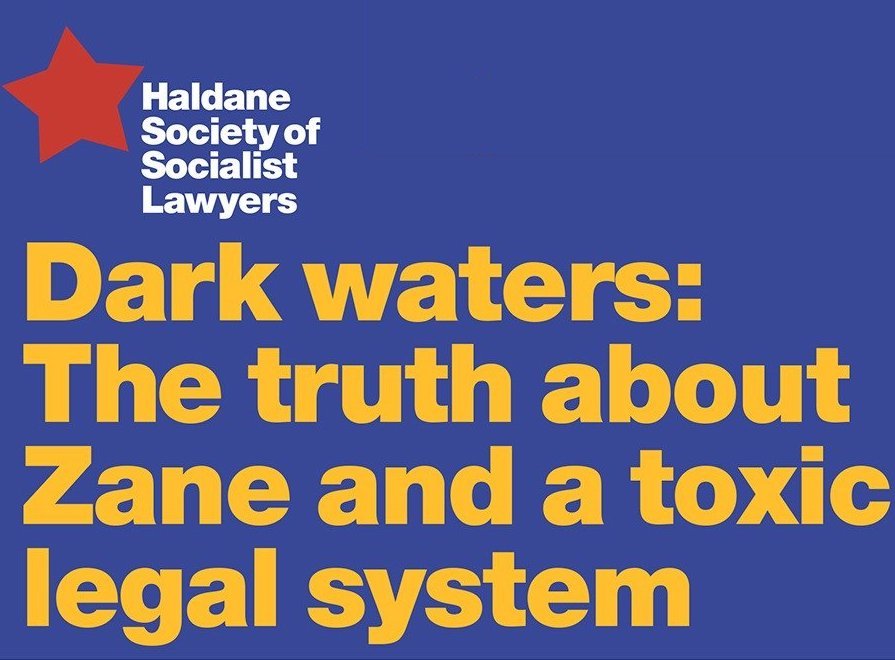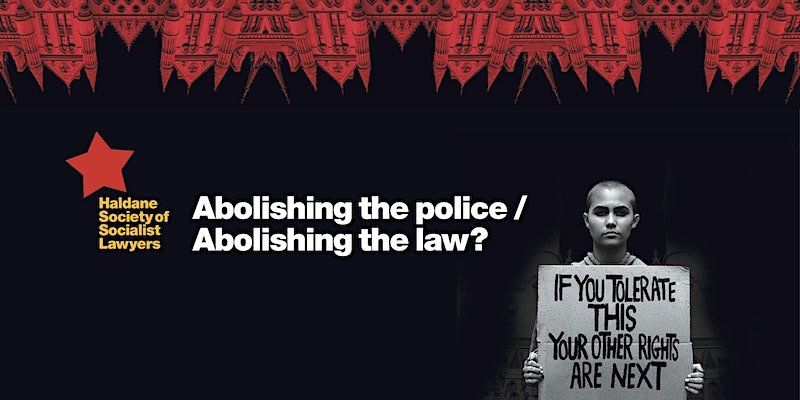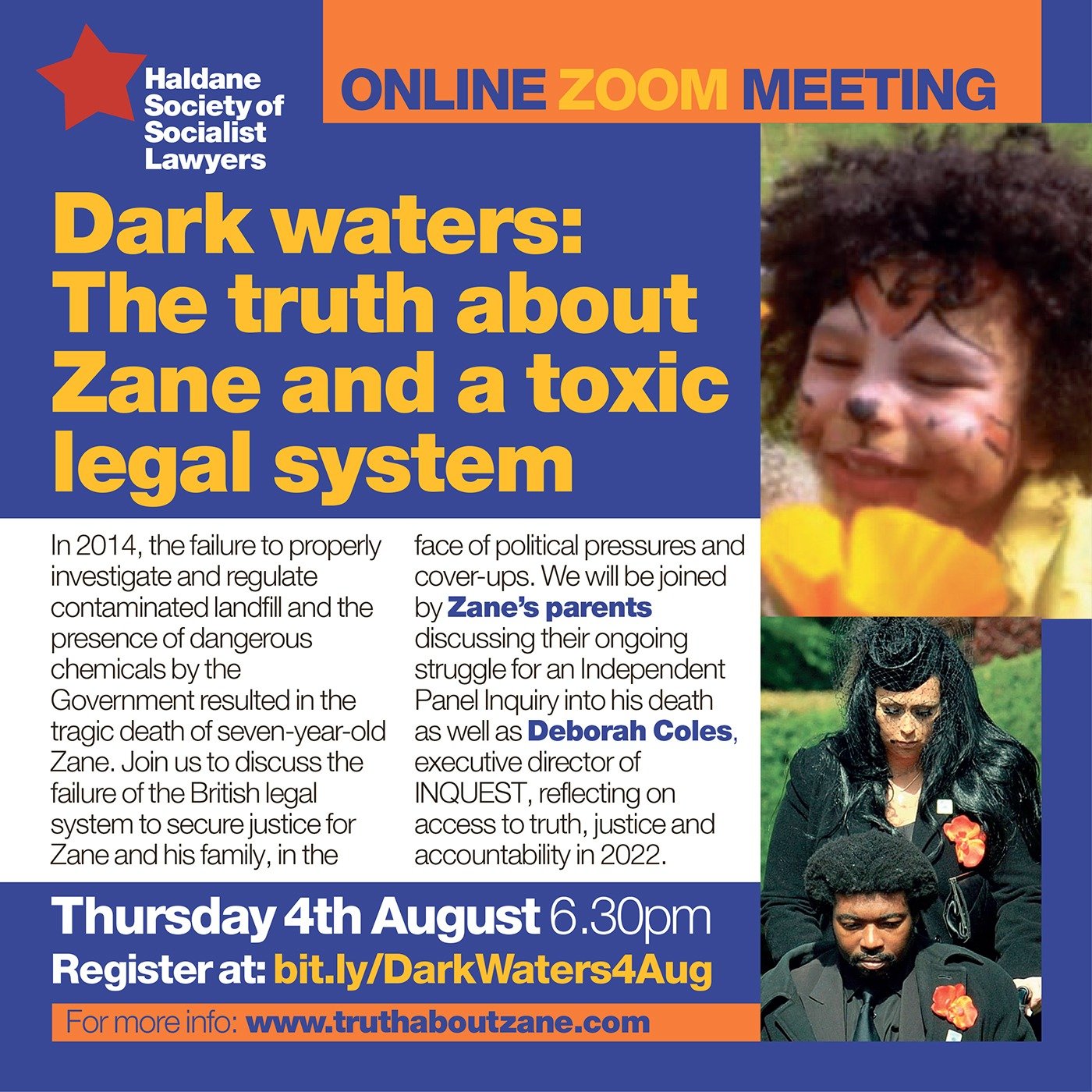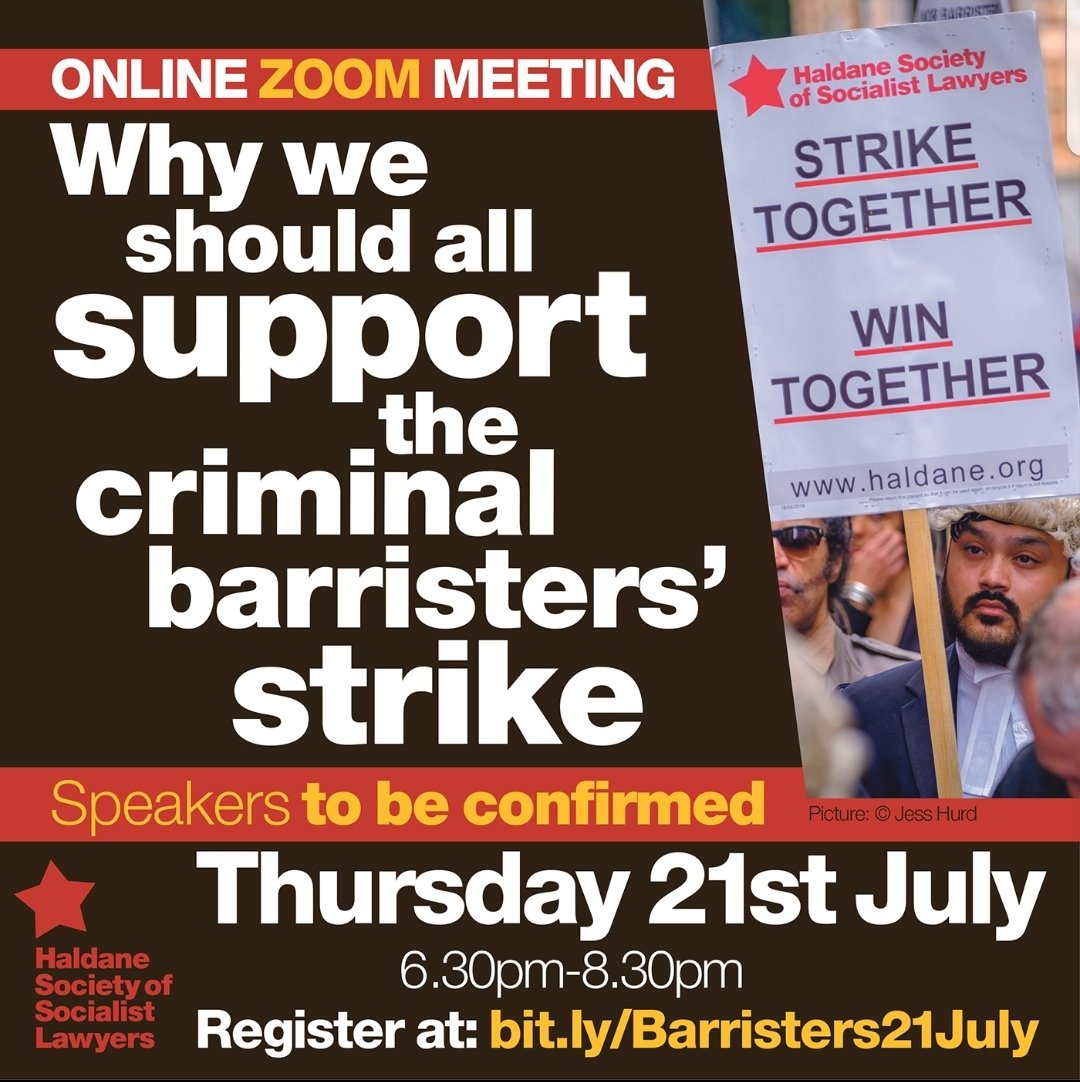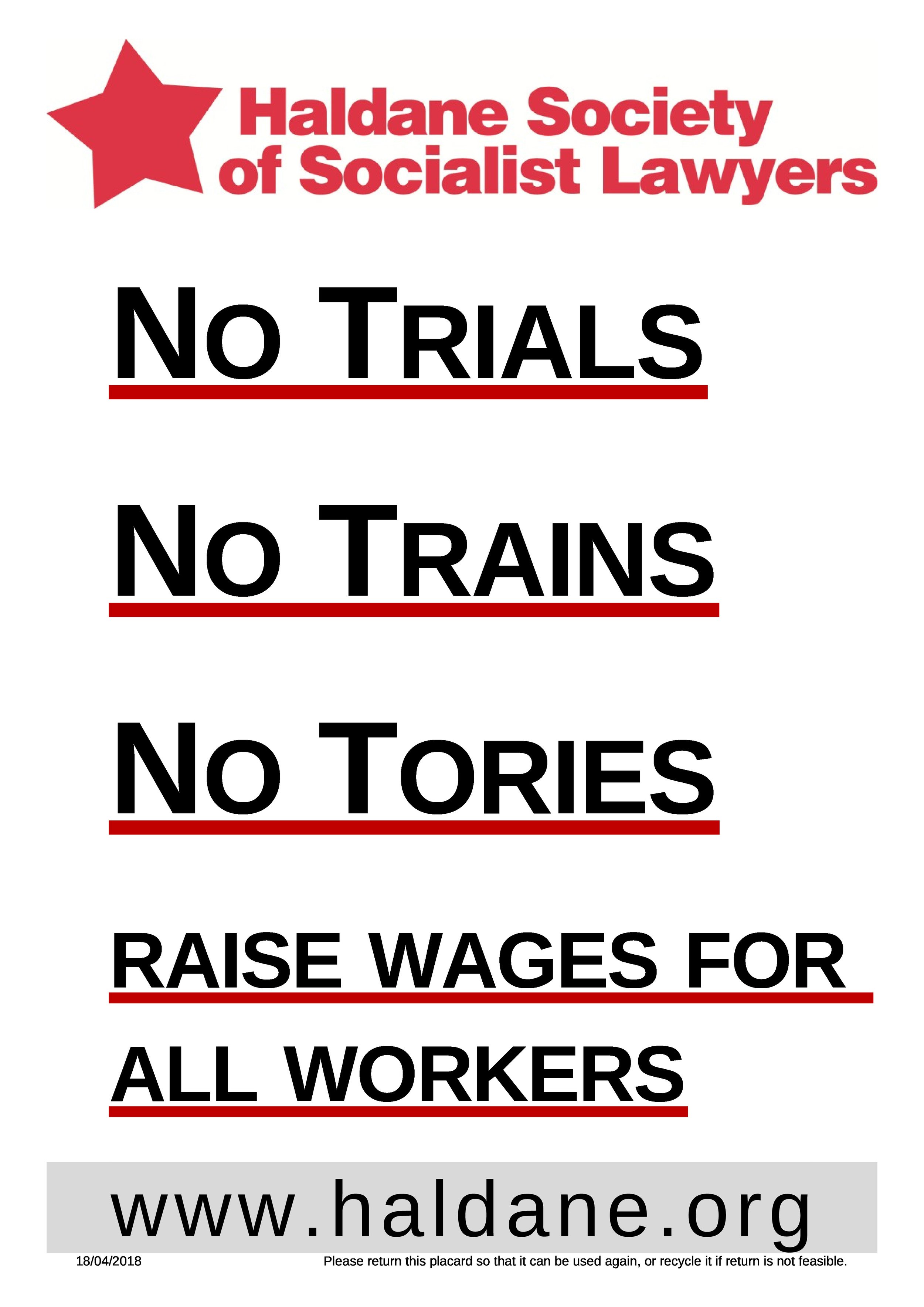Statement: Türkiye, the Committee for the Prevention of Torture, and Abdullah Öcalan
/The following statement was endorsed by the Haldane Society’s executive committee on Tuesday 3rd January 2023.
Türkiye must stop disrespecting the CPT's recommendations – and end the illegal isolation of Abdullah Öcalan and his fellow prisoners in İmralı
For over 3 years, Abdullah Öcalan's lawyers have been prevented from visiting their client in İmrali prison. Since March 2020, family members have not been able to visit him either. In the more than 20 years prior to that, visits by lawyers and family members were also largely prevented.
We, the undersigned organizations, therefore welcome the fact that The European Committee for the Prevention of Torture and Inhuman or Degrading Treatment or Punishment (CPT) carried out another ad hoc visit to Türkiye from 20 to 29 September 2022. During this visit, the CPT also visited the prison island of İmralı, where Abdullah Öcalan has been imprisoned for more than 20 years. The aim of this visit was "to examine the treatment and conditions of detention of all (four) prisoners currently held in the establishment. In this connection, particular attention was paid to the communal activities offered to the prisoners and their contacts with the outside world." In the past, the CPT's regular visits to Türkiye have taken place almost annually. In addition, there have also been several ad hoc visits. Numerous visits by the CPT have also taken place to İmralı Prison Island. In its discussions with Türkiye’s government representatives, the CPT has consistently highlighted the untenable conditions of Abdulla Öcalan's detention.
In its report on the 2019 inspection at İmralı, published in 2020, the CPT concluded:
"However, the situation regarding the prisoners' regime had not improved at all since the CPT's 2016 visit." "In the Committee's view, such a state of affairs is not acceptable." This applies equally to Abdullah Öcalan's opportunities for contact with his 5 fellow prisoners, as well as to the denied possibility of receiving visits from family members and his lawyers. The CPT therefore called for "More specifically, a sustainable system of regular visits by family members and lawyers should be developed for all prisoners held at İmralı Prison."
We see the CPT's recent ad hoc visit as confirmation that the CPT shares its concern that the government of Türkiye has not adjusted the conditions of Abdullah Öcalan's detention in line with the CPT's repeated recommendations. This is confirmed by the CPT's press statement issued after the visit, which states: "The delegation also held consultations with Akın Gürlek, Deputy Minister of Justice, and Enis Yavuz Yıldırım, Director General of Prisons and Detention Centres, as well as with other senior officials of the Ministries of Justice and Foreign Affairs, on the implementation of long-standing recommendations made by the CPT concerning İmralı Prison."
We regret that the CPT has not yet published details of its visit to İmralı and its discussions with Turkish government officials. The CPT's reference in the last published report on its visit to İmralı in September 2022 can only be understood to mean that the unacceptable conditions of Abdullah Öcalan's detention continue and that the deficiencies pointed out have not been remedied.
We call on the government of Türkiye to take immediate account of the CPT's criticisms and to implement the CPT's recommendations, in particular as regards visits by lawyers and family members, and to respect Turkish, European and international legal provisions in this regard.
We further call on the government of Türkiye to take a position without delay on the CPT's report on the September 2022 inspection of the CPT and to pave the way for its publication
We call on the Council of Ministers of the Council of Europe to discuss the government of Türkiye’s persistent refusal to comply with the CPT's recommendations and to discuss the necessary steps.
In view of the notorious refusal of the Turkish government to follow the recommendations of the CPT, we call upon the CPT to make use of Article 10 (2) of the Convention and to publish in advance a statement outlining the main abuses and the impact on the health of the detainees on İmralı, even before the possible publication of its report.
Original signatories:
Center of Elaboration and Research on Democracy/Group of International Legal Intervention (CRED/GILI) European Association of Lawyers for Democracy & World Human Rights European Democratic Lawyers, AED
Giuristi Democratici, Italy
Republikanischer Anwältinnen- und Anwälteverein e.V. , Germany Syndicat des Avocats pour la Démocratie (SAD), Belgium
Vereinigung Demokratischer Juristinnen und Juristen
Verein Für Demokratie und Internationales Recht (Maf-Dad) Vereniging Sociale Advocatuur Nederland, the Netherlands



